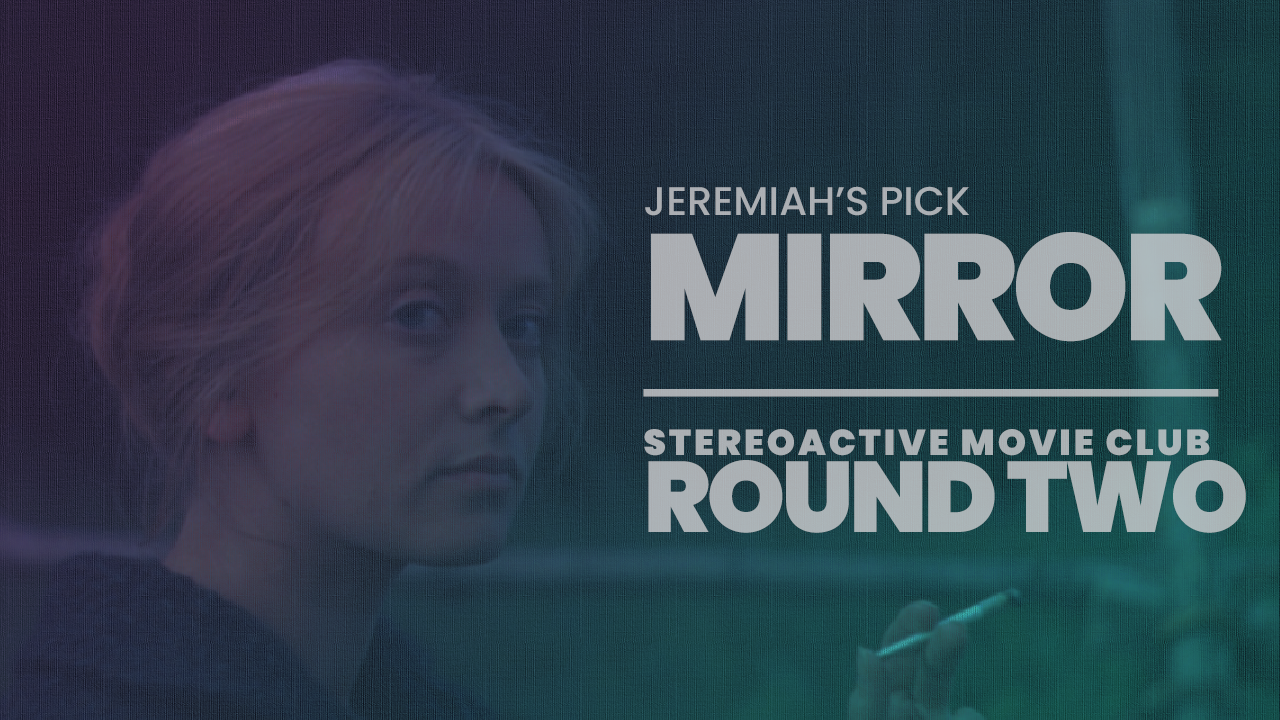Available on Goodpods, Apple Podcasts, Spotify, and anywhere else you listen to podcasts.
It’s Jeremiah’s 2nd pick: Released in 1975, Mirror is the 4th of Andrei Tarkovsky’s 7 feature films. Nonlinear in its structure, the movie mainly features a mix of scenes from the central character’s childhood in the pre-World War 2 Soviet Union, revolving largely around memories of his mother… and scenes from that same character’s life as an adult after World War 2, revolving largely around his ex-wife and son – notably, the mother and ex-wife are portrayed by the same woman. Interspersed with these, are bits of newsreel footage, other memories, and poetic passages.
The script for the film was something Tarkovsky worked on for years, and it draws on his own life and memories. The first time he submitted the script to the Soviet state film committee, it was rejected. And it wasn’t until there the committee had a new head that Mirror was approved for production.
On its completion, those in the Soviet film establishment had mixed opinions, with some considering it a failure while others thought it was a film for the ages. As a result, it’s distribution was limited – and audiences were basically similarly, extremely divided. When the film played outside of the Soviet Union, the balance of praise to criticism from critics and filmmakers leaned more toward the positive and the film has become an influential touchstone for many filmmakers. As a result it broke into the top 10 of Sight & Sound magazine’s ‘greatest films’ poll in 2012, ranking 9th on the survey of directors.
For more information on this podcast, including where it's available, please visit the show's homepage.







